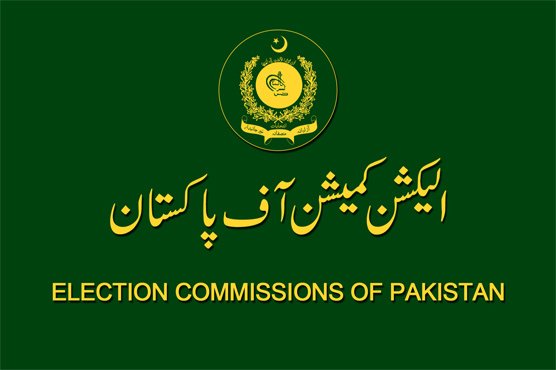Khalid Masood Khan
Free and fair elections have always been a matter of debate in Pakistan. It is the Election Commission of Pakistan ECP that is responsible for not only holding elections but also free and fair ones. However, this has yet to be the case in Pakistan. There are more significant controversies around the conduct of elections in Pakistan. Therefore, it is critical to reform the structure and functions of ECP.
The reforming of the Election Commission of Pakistan (ECP) is a significant step towards improving the quality and credibility of the electoral process in Pakistan. The reforms aim to address some of the major challenges and gaps that have marred the previous elections, such as the lack of independence, transparency, accountability, efficiency, and inclusiveness of the ECP. The reforms can be evaluated from four perspectives: legislative, administrative, structural, and political.
The reforms are based on the Elections Act 2017, which the Parliament passed after extensive consultations and deliberations among various stakeholders, including political parties, civil society organizations, media, and experts. The Act unified and updated the previously fragmented and outdated laws governing the conduct of elections in Pakistan. The Act also introduced some key innovations, such as biometric voter verification, electronic voting machines, voting rights for overseas Pakistanis, automatic voter registration based on national identity cards, and compulsory voting. The Act also strengthened the legal framework for political finance regulation, electoral dispute resolution, and electoral offences and penalties. Then, importantly, it is critical to draw better rules and effective delegated legislation to ensure the Act’s objectives.
Please, subscribe to the website of republicpolicy.com
The reforms enhanced the administrative capacity and autonomy of the ECP to perform its functions effectively and independently. The reforms expanded the eligibility criteria for the appointment of the Chief Election Commissioner (CEC) and the members of the ECP, allowing for more qualified and diverse candidates from different backgrounds. The reforms also increased the financial and administrative powers of the ECP, enabling it to recruit its own staff, procure its own equipment, and manage its own budget. The reforms also established an Election Academy to train and educate the ECP staff and other stakeholders on electoral matters.
The reforms restructured the ECP to make it more responsive and inclusive. The reforms created new departments within the ECP to deal with specific issues, such as gender and social inclusion, electoral rolls, political finance, media and public relations, information technology, and security. The reforms also mandated the ECP to conduct delimitation of constituencies based on the latest population census data, ensuring a more equitable representation of voters across different regions. The reforms also required the ECP to publish detailed reports on various aspects of the electoral process, such as voter turnout, results, complaints, and expenditures.
The reforms aimed to enhance the political legitimacy and trust in the electoral process among various stakeholders. The reforms were initiated by a parliamentary committee on electoral reforms that comprised representatives from all major political parties in both houses of the Parliament1. The committee consulted widely with various civil society organizations, media outlets, experts, and the public on their proposals and feedback. The committee also sought input from the ECP on its recommendations and challenges. The reforms were passed unanimously by both houses of the Parliament with no opposition or controversy. Various domestic and international observers also welcomed the reforms as a positive step towards strengthening democracy in Pakistan.
In conclusion, the reforming of the ECP is a significant achievement that reflects the commitment and consensus of various stakeholders to improve the electoral process in Pakistan. However, the reforms have challenges and limitations. Some of the challenges include ensuring the implementation and enforcement of the new laws and regulations; addressing the technical and logistical issues related to biometric verification, electronic voting machines, and overseas voting; ensuring the security and integrity of the electoral process amid threats of violence and interference; enhancing the participation and representation of women, minorities, persons with disabilities, and other marginalized groups; and building public awareness and confidence in the electoral process. Therefore, while the reforms are commendable, they require constant monitoring, evaluation, and improvement to ensure their effectiveness and sustainability.
Please, subscribe to the monthly magazine of republicpolicy.com

















